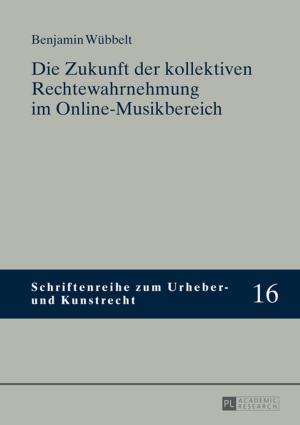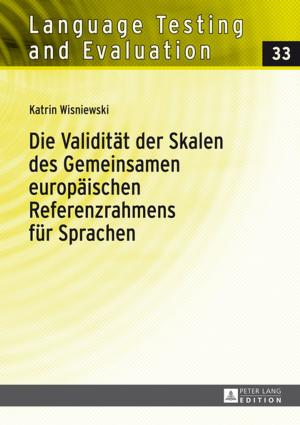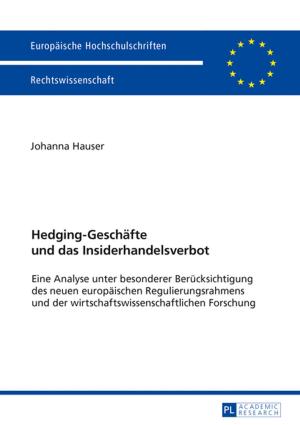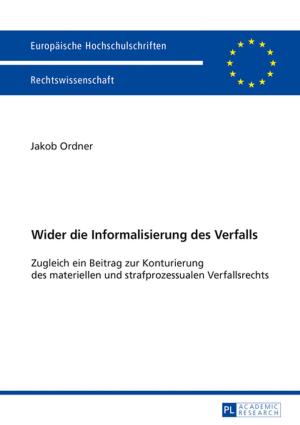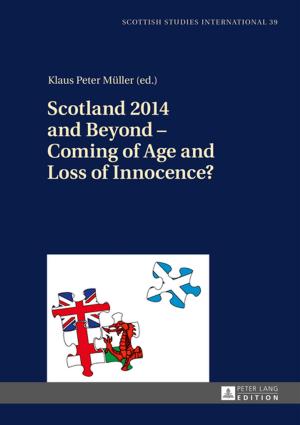Pass or Fail?
Assessing the Quality of Democracy in South Africa
Nonfiction, Social & Cultural Studies, Political Science, International, International Relations, Politics, History & Theory| Author: | Victoria Graham | ISBN: | 9783035297751 |
| Publisher: | Peter Lang | Publication: | December 18, 2015 |
| Imprint: | Peter Lang AG, Internationaler Verlag der Wissenschaften | Language: | English |
| Author: | Victoria Graham |
| ISBN: | 9783035297751 |
| Publisher: | Peter Lang |
| Publication: | December 18, 2015 |
| Imprint: | Peter Lang AG, Internationaler Verlag der Wissenschaften |
| Language: | English |
In recent years, growing concerns over the strength of South Africa’s democracy appear to indicate a population increasingly disillusioned and dissatisfied with the quality of its implementation. This book assesses the quality of democracy in South Africa after 20 years of democracy in order to ascertain whether or not this growing perception is valid. Since the inception of democracy in 1994 there have been countless procedural and substantive improvements in addressing historically entrenched political, social and economic problems; however, there are serious issues that have emerged relating to the quality of democratic implementation in South Africa. Two existing analytical frameworks of democracy assessment, International IDEA’s State of Democracy framework and Leonardo Morlino’s tool for empirical research on democratic qualities, TODEM, are utilised to assess the quality of South Africa’s rule of law and institutional capacity; representative and accountable government; civil society and popular participation; and freedom and equality after 20 years of democracy. The book concludes cautiously that while South Africa faces many serious and threatening potholes in the road to a fully successful democracy, there is nevertheless much to applaud.
In recent years, growing concerns over the strength of South Africa’s democracy appear to indicate a population increasingly disillusioned and dissatisfied with the quality of its implementation. This book assesses the quality of democracy in South Africa after 20 years of democracy in order to ascertain whether or not this growing perception is valid. Since the inception of democracy in 1994 there have been countless procedural and substantive improvements in addressing historically entrenched political, social and economic problems; however, there are serious issues that have emerged relating to the quality of democratic implementation in South Africa. Two existing analytical frameworks of democracy assessment, International IDEA’s State of Democracy framework and Leonardo Morlino’s tool for empirical research on democratic qualities, TODEM, are utilised to assess the quality of South Africa’s rule of law and institutional capacity; representative and accountable government; civil society and popular participation; and freedom and equality after 20 years of democracy. The book concludes cautiously that while South Africa faces many serious and threatening potholes in the road to a fully successful democracy, there is nevertheless much to applaud.


